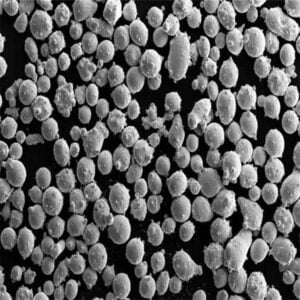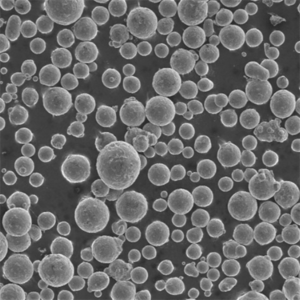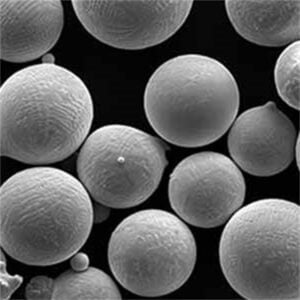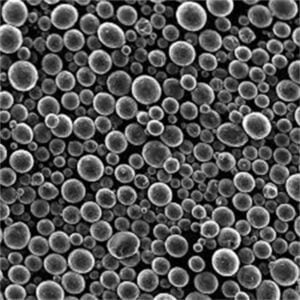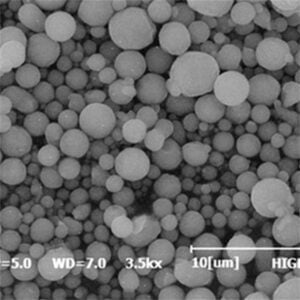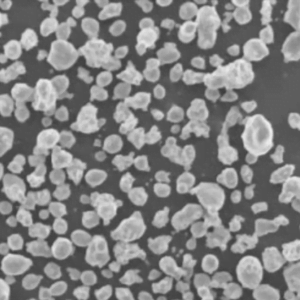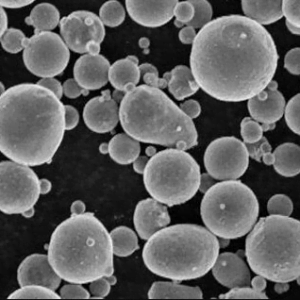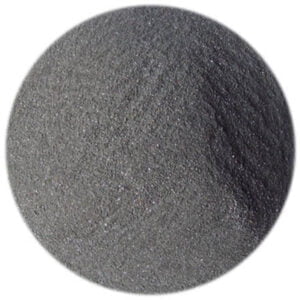Applications of Material Jetting in Rapid Prototyping
Table of Contents
Imagine a world where crafting intricate prototypes is as seamless as printing a document. Material jetting, a revolutionary 3D printing technology, transforms this vision into reality. By meticulously depositing droplets of photopolymer resin layer by layer, material jetting unlocks a treasure trove of possibilities for rapid prototyping. Buckle up, as we delve into the captivating realm of material jetting applications and explore how it’s reshaping the landscape of product development.
overview of Material Jetting
Material jetting, akin to an inkjet printer for 3D objects, propels the realm of rapid prototyping to new heights. It operates by meticulously jetting photopolymer droplets onto a platform, meticulously building the desired object layer by layer. Each layer then undergoes UV curing, solidifying the resin and paving the way for the next layer. This meticulous process culminates in highly detailed, multi-colored prototypes with exceptional surface finishes.
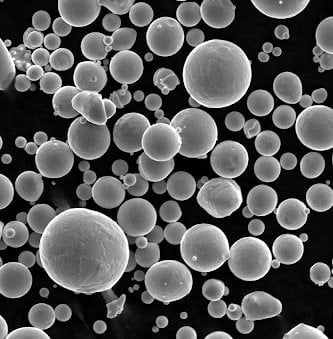
A Material Menagerie: Unveiling the Arsenal of Material Jetting
While the core concept of material jetting remains consistent, the materials themselves paint a diverse picture. Here’s a glimpse into the captivating world of material jetting resins:
| Resin Type | Description |
|---|---|
| ABS-like | Mimics the properties of ABS plastic, offering a balance of strength, flexibility, and heat resistance. Perfect for functional prototypes requiring moderate mechanical stress. |
| PP-like | Emulates polypropylene, known for its chemical resistance and lightweight nature. Ideal for prototypes exposed to harsh environments or requiring weight reduction. |
| High-Temperature (HT) | Withstands elevated temperatures, making it suitable for prototypes subjected to heat, such as under-the-hood components or medical sterilization processes. |
| Rigid Opaque | Offers exceptional rigidity and opacity, ideal for creating sturdy, non-transparent prototypes for structural validation. |
| Transparent | Provides exceptional clarity, making it perfect for visualizing internal features or mimicking glass-like components in prototypes. |
| Elastomeric | Possesses rubber-like elasticity, ideal for creating flexible prototypes that need to bend or compress, such as gaskets or seals. |
| Biocompatible | Specially formulated for applications in the medical field, these resins are compatible with human tissue, paving the way for bioprinting and medical device prototyping. |
| Digital ABS | Combines the printability of ABS-like resins with exceptional dimensional accuracy, ideal for creating precise form and fit prototypes. |
| Ivory | Offers a smooth, ivory-colored finish, perfect for creating visually appealing prototypes with a luxurious touch. |
| Grey | A versatile grey resin, ideal for general-purpose prototyping and showcasing intricate details. |
key applications of Material Jetting
Material jetting isn’t just about creating pretty prototypes; it’s about accelerating the entire product development cycle. Here are some of the key applications where material jetting takes center stage:
| Application | Benefits |
|---|---|
| Design Validation Prototypes | Quickly create prototypes to test whether the design of parts meets the requirements in terms of form, fit, and function. This allows for early identification and correction of design flaws, saving time and money. |
| Functional Testing Prototypes | Material jetting enables the creation of functional prototypes that can undergo real-world testing to assess their performance under stress, pressure, or other relevant conditions. |
| Form and Fit Inspection Prototypes | Material jetting excels at crafting prototypes with exceptional dimensional accuracy, allowing for meticulous form and fit inspections to ensure parts seamlessly integrate with other components. |
| Marketing and Sales Prototypes | The ability to create visually stunning, multi-colored prototypes with high-quality finishes makes material jetting ideal for creating marketing and sales prototypes that leave a lasting impression on potential customers. |
| Medical Prototypes | Biocompatible resins open doors for creating medical prototypes, such as anatomical models for surgical planning or custom prosthetics. |
Material Jetting: A Comparative Canvas
While material jetting emerges as a frontrunner in rapid prototyping, it’s essential to weigh its advantages and limitations against other popular technologies:
| Feature | Material Jetting | Fused Deposition Modeling (FDM) | Stereolithography (SLA) |
|---|---|---|---|
| Resolution & Surface Finish | High | Moderate | High |
| Material Variety | Wide range of resins with diverse properties | Limited to thermoplastics | Limited to photopolymers |
| Accuracy & Repeatability | Excellent | Good | Excellent |
| Build Speed | Moderate | Fast | Moderate |
| Part Strength | Moderate | High | Moderate |
the Nuances of Material Jetting
Material jetting’s versatility extends beyond its impressive array of applications. Here, we delve into the nitty-gritty aspects that influence its effectiveness:
Factors Impacting Material Jetting Performance:
- Resin Selection: The chosen resin plays a pivotal role in determining the final prototype’s properties. For instance, ABS-like resins prioritize a balance of strength and flexibility, while high-temperature resins excel in withstanding elevated temperatures. Selecting the optimal resin hinges on the intended application and the desired characteristics of the prototype.
- Layer Thickness: The thickness of each deposited layer significantly impacts the resolution, surface finish, and overall detail of the prototype. Thicker layers translate to faster build times but potentially rougher surfaces. Conversely, thinner layers yield exceptional detail but at the expense of build speed. Finding the perfect balance between resolution and speed is key.
- Support Structures: Similar to scaffolding in construction, support structures are temporary structures that uphold overhanging features during the printing process. Material jetting utilizes wax-based support structures that are readily dissolvable, eliminating the need for harsh post-processing techniques.
- Post-Processing: While material jetting delivers prototypes with exceptional surface finishes, some post-processing techniques can further enhance aesthetics and functionality. Polishing can elevate the visual appeal, while infiltration with strengthening agents can bolster the mechanical properties of certain resins.
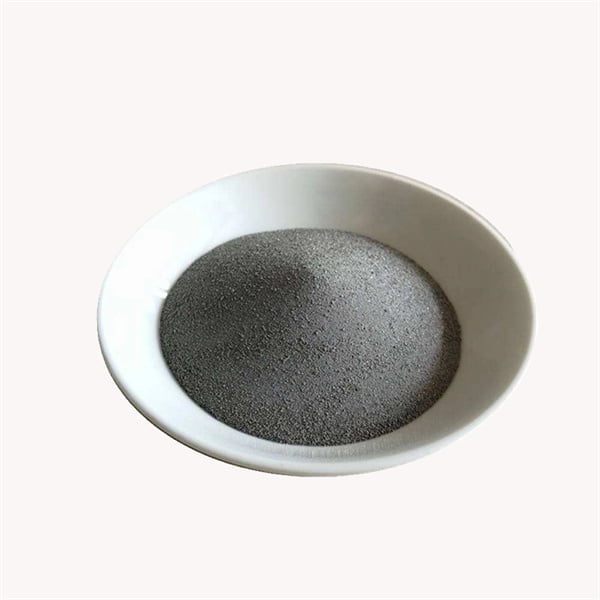
Material Jetting: A Cost-Benefit Analysis
Material jetting offers a compelling value proposition for rapid prototyping, but it’s not without its cost considerations. Here’s a breakdown of the economic factors to consider:
- Material Costs: Material jetting resins tend to be more expensive than filaments used in FDM printing. However, the ability to create intricate, multi-colored prototypes in a single print run can sometimes offset the material cost.
- Machine Costs: Material jetting machines typically carry a higher upfront investment compared to FDM printers. However, the speed, accuracy, and versatility of material jetting can justify the cost for businesses with high-volume prototyping needs.
- Labor Costs: The overall process, from design preparation to post-processing, might require slightly more expertise compared to FDM printing. However, the time saved due to the reduced need for post-processing can mitigate labor costs.
The Future of Material Jetting
Material jetting technology is constantly evolving, pushing the boundaries of what’s possible in rapid prototyping. Here are some exciting advancements on the horizon:
- Advanced Materials: The development of novel resins with even more specialized properties, such as improved biocompatibility or enhanced conductivity, is poised to broaden the application landscape of material jetting.
- Multi-Material Printing: The ability to print with multiple materials within the same build could revolutionize prototyping, enabling the creation of objects with even greater functional complexity.
- Increased Build Speeds: As technology progresses, material jetting machines are expected to boast faster printing speeds, further streamlining the rapid prototyping process.
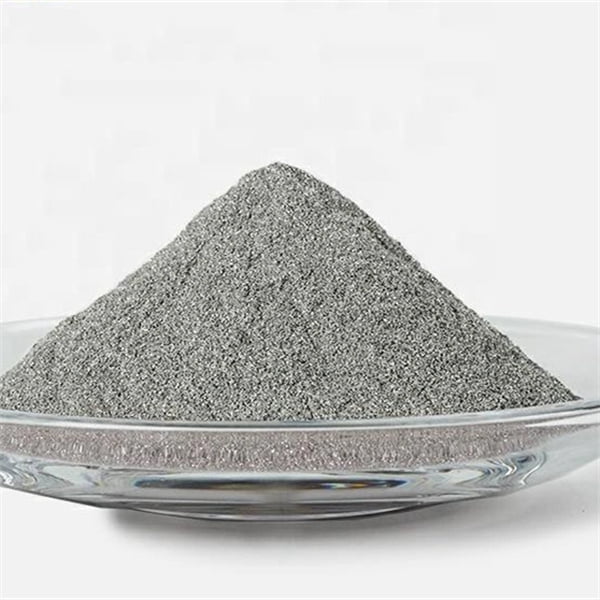
FAQ
Q: How strong are prototypes made with material jetting?
A: The strength of prototypes created with material jetting depends on the chosen resin. ABS-like resins offer a good balance of strength and flexibility, while some resins are specifically formulated for high-temperature applications. However, it’s important to remember that material jetting prototypes are generally not intended for end-use applications but rather for testing and validation purposes.
Q: Can material jetting print in color?
A: Absolutely! Material jetting excels at producing multi-colored prototypes with exceptional detail. This capability makes it ideal for creating visually appealing prototypes for marketing and sales purposes.
Q: How does material jetting compare to other 3D printing technologies?
A: Material jetting offers a unique blend of high resolution, diverse material properties, and excellent accuracy. Compared to FDM, it boasts superior resolution and a wider range of materials, but FDM might be a more cost-effective option for simple, single-material prototypes. SLA shares similarities with material jetting in terms of resolution and accuracy, but material jetting generally offers a wider material variety and potentially faster build speeds for certain applications.
In Conclusion
Material jetting stands as a testament to human ingenuity, transforming the realm of rapid prototyping with its exceptional detail, diverse materials, and remarkable accuracy. As the technology continues to evolve, its capabilities will undoubtedly expand, empowering designers and engineers to bring their visions to life faster and more effectively than ever before. So, the next time you envision a groundbreaking product, consider the power of material jetting to propel your ideas from concept to reality.
Share On
MET3DP Technology Co., LTD is a leading provider of additive manufacturing solutions headquartered in Qingdao, China. Our company specializes in 3D printing equipment and high-performance metal powders for industrial applications.
Inquiry to get best price and customized Solution for your business!
Related Articles
About Met3DP
Recent Update
Our Product
CONTACT US
Any questions? Send us message now! We’ll serve your request with a whole team after receiving your message.

Metal Powders for 3D Printing and Additive Manufacturing
COMPANY
PRODUCT
cONTACT INFO
- Qingdao City, Shandong, China
- [email protected]
- [email protected]
- +86 19116340731






